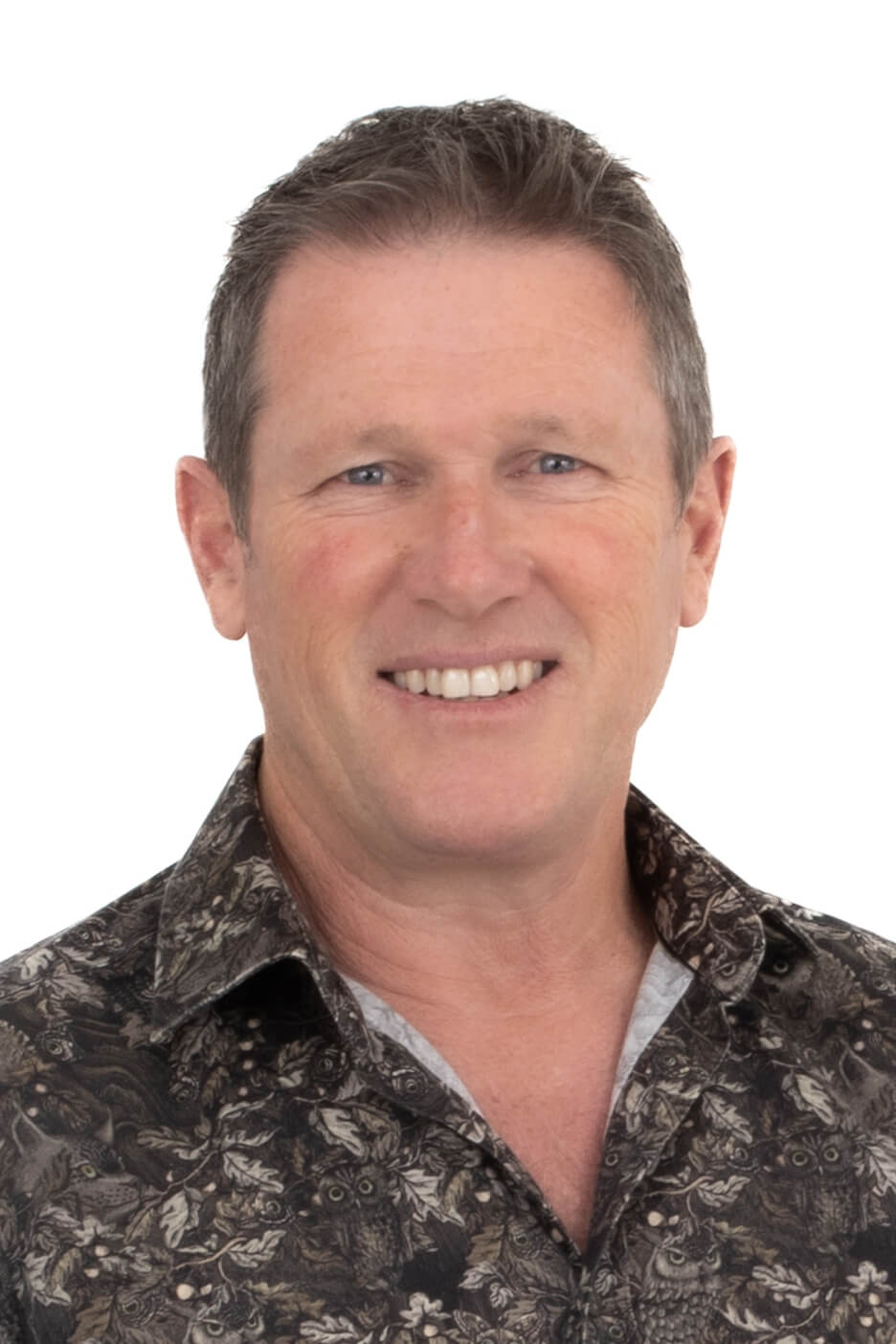
Waipa mayor

Mike Pettit -2025
Mike Pettit – Waipa mayor
See: Mayoral candidates – in their own words
See: Mike Pettit – Waipa
1. Operational Deficits and Borrowing (maximum 100 words)
Waipā is currently running operational deficits over three years, which reduces the annual rates increase by around 4%. To fund this gap, the council is borrowing an average of $8 million per year.
a. Were you aware of this funding strategy?
b. Do you agree with the approach of borrowing to fund operational shortfalls as prudent rather than raising rates to fully fund current operations? Why or why not?
Obviously far from ideal, as borrowing to cover operational deficits is not sustainable. Ratepayers expect prudent financial management. As mayor, I would require line-by-line scrutiny of budgets and/or starting with a zero budget in some areas, to look for operational efficiencies before passing costs to residents. At the same time, I want Waipā to explore mixed funding models—bringing in government support, business partnerships, philanthropy, grants and setting up trusts where applicable—so we are not so dependent on rates. Borrowing should be a last resort, used only when fully justified, clearly explained, and backed by strong governance oversight.
2. Ahu Ake – Waipā Community Spatial Plan (maximum 100 words)
The council has adopted the “Ahu Ake – Waipā Community Spatial Plan” as a long-term vision to guide growth and infrastructure planning.
a. Do you support the direction and priorities set out in Ahu Ake?
b. Given that the plan proposes a number of costly studies how would you ensure that it remains relevant, affordable, and aligned with community needs over time?
I support Waipā developing its own spatial plan to guide growth, rather than relying solely on regional/national direction. Ahu Ake is a valuable long-term framework, but must stay affordable, relevant, and rooted in community priorities. The consultation to date has been strong, and that engagement must continue. However, costly studies should only proceed where there are clear outcomes and benefits. As mayor, I would ensure governance oversight, transparent reporting, and regular reviews to keep the plan aligned to local needs. Our spatial vision must balance growth, core services while protecting the unique character of Waipā’s towns and rural communities.
3. Cambridge Connections (maximum 100 words)
The Cambridge Connections project reset proposes a transport network realignment and new infrastructure development around Cambridge, with potential long-term cost across the district and land use implications as well as extensive consultation.
a. Do you support the scale and scope of the Cambridge Connections project as currently proposed?
b. How should costs and impacts be managed to ensure fairness to ratepayers and affected communities?
I support the Cambridge Connections process in principle, but with stronger accountability. We cannot afford another “Blue Blob” scenario where trust is lost through poor communication. The project must tackle immediate issues—congestion, parking, public transport, and northern bound access from Tirau Road!—alongside long-term bridge planning. Costs and impacts must be managed openly, with fairness across the district. Stakeholder groups should be established, ensuring local voices help shape outcomes. I will insist on robust data, clear timeframes, and transparent decision-making. That’s the only way we deliver a transport plan that the community understands, supports, meets its objectives and is affordable.
4. Council Expenditure and Core Services (maximum 100 words)
a. In your view, is Waipā District Council currently limiting its spending to basic or essential services?
b. If elected, would you support a review of current expenditure with a view to reducing non-essential costs and/or staffing levels?
Council has drifted beyond its essential responsibilities, with staff and spending growing faster than our income. Ratepayers are right to demand a “Back to Basics” reset. Legislative changes reinforce this, prioritising core services over wider aspirations. As mayor, one of my first actions will be commissioning a review of spending, staffing, and council structure, ensuring Waipā is most efficient and fit for purpose. This doesn’t mean abandoning community ambitions—it means aligning them with sustainable funding models and community buy-in. Getting core services right first—roads, water, waste, parks, libraries—will rebuild trust and provide a foundation for adding value in other areas.
5. Urban Intensification and Tier 1 Status (maximum 50 words)
Waipā must now enable greater housing intensification and density under new rules.
What principles should guide where and how higher-density housing is developed?
Intensification must be carefully planned, focusing around transport hubs, schools, and existing services. High-quality design and green spaces are essential, and highly productive land must be protected. Waipā’s growth must provide affordable, diverse housing options while ensuring towns remain liveable, balanced, and true to their character.
6. Māori Ward Representation (maximum 50 words)
Waipā established a Māori ward to enhance Māori representation at the council table.
Do you support the continuation of the Māori ward beyond the current term?
I support continuing the Waipā Māori ward. This provides a permanent voice for mana whenua at the council table, strengthening councillors understanding, decision-making and ensuring Treaty obligations are honoured. Past submissions-72% of 365 pieces of feedback supported their establishment. The upcoming referendum will give the opportunity to have your say.
7. Community Boards (maximum 50 words)
Do you believe community boards effectively represent community views and provide valuable advice to council? Would you support any changes to their role or powers?
Community Boards play a vital role as local advocates. They must be retained and strengthened, with greater ability to input into service delivery and council policy. Resourcing them effectively will ensure they remain effective conduits for community voice, helping in sound decisions reflecting local concerns and aspirations across the district.
8. Te Ara Wai (maximum 50 words)
What do you think the council should do with the old Bunnings building in Te Awamutu, which it bought to house Te Ara Wai Museum?
I don’t support it at $33 million, however Te Ara Wai is of cultural/national significance, but its delivery must be financially affordable. As mayor, I would seek partnerships with iwi, central government and philanthropic funders to share costs. I can’t support ratepayers being financially overburdened by this project.
9. Future of Lake Karāpiro Domain (maximum 50 words)
Lake Karāpiro Domain is often referred to as Waipā’s “jewel in the crown”. The site is currently being reviewed under the Reserves Act 1977, and future options may include increased commercial development such as hotel or motel accommodation.
Hamilton City Council now charges outsiders to visit the Gardens, should Waipā do something similar at Karāpiro?
Do you support further commercial development at Lake Karāpiro Domain and/or a visitors’ levy?
Lake Karāpiro Domain – Waipā’s “jewel in the crown” must be kept to an international standard; the economic benefit to the district is immense. Above ground, I support modest, sensitive improvements, however core infrastructure including fibre, need to be kept to a high standard. Important is lake accessibility for all.
10. Finally, what is your vision for the Waipā district? (maximum 250 words)
My vision is for the Waipā district to have a council that listens and is a proactive relationship builder. A district connected by communities, while growing wisely and honouring its cultural past and rich heritage. Building the district together!
Our natural assets, particularly, Lake Karāpiro/Domain, Maungatautari Sanctuary Mountain, Mt Pirongia and our peat lakes must be protected as treasures for future generations. While improvements are welcome, balancing economic opportunity with environmental and community values is important.
Ensuring core infrastructure is fit for purpose will remain critical.
Some key projects; Cambridge Connections including the need for an additional bridge, improved transport across the district and into Hamilton, Te Awamutu CBD renewal, smaller centres concept plans development and physical implementation, expanding cycleways, walkways without the mountain of speed bumps, Cambridge library/community hub, sports field/hub upgrades in required areas within Waipā and a focus on accessibility as our population ages. These projects must be achieved by looking at creating additional non rates income through external funding opportunities and communities taking a hand up approach. This collaborative approach will help communities attain what communities support.
Good governance underpins everything. Councillors must be trained in financial literacy, strategic planning/thinking while decision-making must be transparent and accountable. Ratepayers need confidence that every dollar is spent wisely.
By embracing partnerships, adopting alternative funding models, and genuinely embracing community voices, we can build a Waipā that thrives economically, culturally, and socially—without overburdening its people.
Together is better, let’s make this happen; Mike for Mayor








